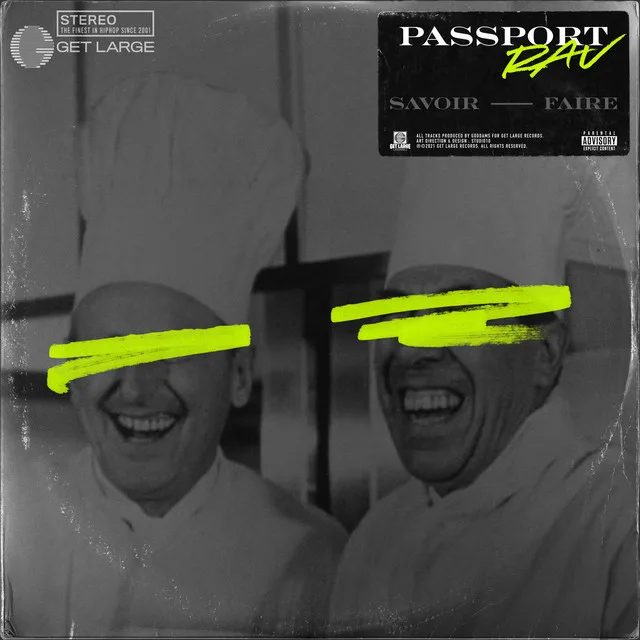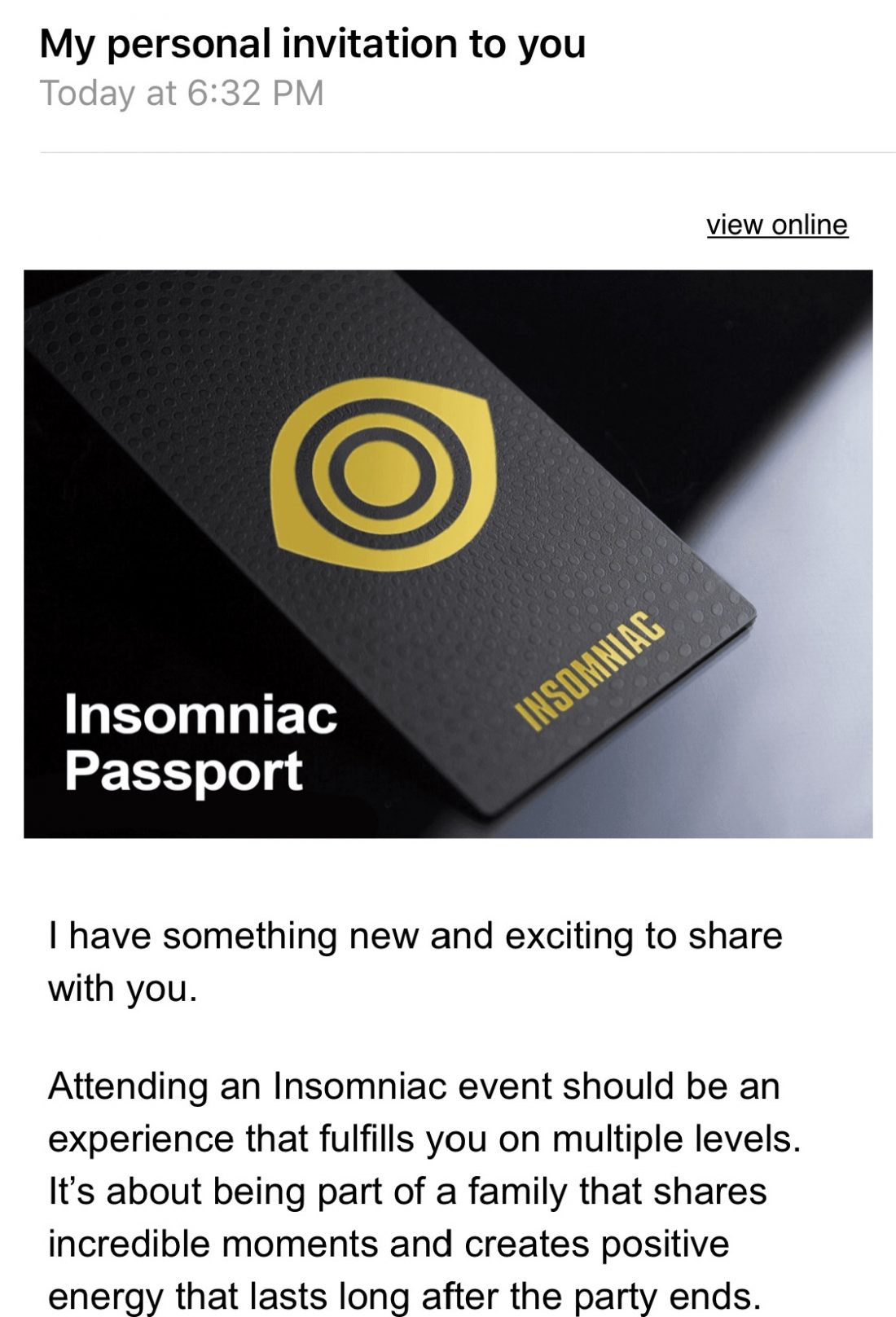Hey there, sleepless wanderers! If you've ever found yourself wide awake at 3 a.m., scrolling through social media or staring at the ceiling, you're not alone. Today, we're diving deep into a phenomenon that's been keeping millions tossing and turning – the insomniac passport. Think of it as an unofficial membership card to the club no one really wants to join. But don't worry, we're here to decode it, understand it, and maybe even help you reclaim your nights. So, buckle up and let's get started!
Insomnia is more than just a bad night's sleep. It's a persistent issue that affects millions of people worldwide, impacting their daily lives, productivity, and overall well-being. But what exactly is this "passport" we're talking about? Simply put, it's a metaphor for the journey of sleeplessness that many insomniacs share. Whether you're a chronic insomniac or just experiencing a rough patch, this article is here to shed light on the topic and provide actionable tips to help you sleep better.
Before we dive deeper, let's set the stage. This isn't just another article about sleep. We're going to explore the science behind insomnia, the emotional toll it takes, and most importantly, how you can take back control of your nights. So, grab your favorite drink, get comfy, and let's unravel the mysteries of the insomniac passport together.
Read also:Jonathan Scott And Zooey Deschanel Are Engaged Love Family And A Dream Home
Understanding the Insomniac Passport: A Beginner's Guide
Alright, let's break it down. The term "insomniac passport" might sound a bit dramatic, but it's a powerful way to describe the shared experience of sleeplessness. When you can't sleep, it feels like the whole world is against you. But guess what? Millions of others are in the same boat. According to the American Academy of Sleep Medicine, about 10-30% of adults struggle with insomnia at some point in their lives. That's a pretty big club!
Key Symptoms of Insomnia:
- Difficulty falling asleep
- Waking up frequently during the night
- Waking up too early and being unable to fall back asleep
- Feeling tired and unrefreshed after a night's sleep
Insomnia isn't just about not sleeping; it's about how it affects your waking life. Imagine feeling groggy, irritable, and unable to focus all day because your body didn't get the rest it needed. Sound familiar? If so, you might just be a proud holder of the insomniac passport.
What Causes Insomnia? Unpacking the Root Issues
Now that we've established what insomnia is, let's talk about why it happens. There's no single cause of insomnia; it's often a combination of factors. Stress, anxiety, depression, and even lifestyle choices can all play a role. For example, if you're constantly glued to your phone or computer before bed, the blue light emitted by these devices can disrupt your sleep cycle. Crazy, right?
Common Triggers of Insomnia
Here are some of the most common triggers:
- Stress and anxiety
- Irregular sleep schedules
- Consumption of caffeine or alcohol
- Physical health conditions like chronic pain
- Mental health disorders such as depression
It's important to note that insomnia can also be a symptom of an underlying medical condition. If you're experiencing persistent sleep issues, it's always a good idea to consult a healthcare professional. After all, your health is your most valuable asset.
Read also:Sandra Bullocks Bryan Randall A Life Remembered And Celebrated
Types of Insomnia: Are You a Short-Term or Long-Term Member?
Insomnia isn't a one-size-fits-all condition. There are different types, each with its own characteristics. Let's take a look:
Acute Insomnia
This is the short-term version of insomnia, often triggered by stressful events or changes in your environment. Think of it as a temporary visitor – it might stick around for a few nights, but it usually goes away on its own.
Chronic Insomnia
Now, this is the real deal. Chronic insomnia lasts for at least three months and occurs at least three times a week. If you're dealing with this, it's time to take action. Chronic insomnia can have serious effects on your physical and mental health, so don't ignore it.
The Emotional Toll of Insomnia: Beyond Sleepless Nights
Insomnia doesn't just affect your body; it takes a toll on your emotions too. When you're not getting enough sleep, it's hard to regulate your emotions. You might find yourself snapping at loved ones or feeling overwhelmed by even the smallest tasks. It's like your emotional battery is drained, and no amount of coffee can recharge it.
Research shows that chronic insomnia is strongly linked to mental health issues like anxiety and depression. In fact, a study published in the Journal of Sleep Research found that people with insomnia are more likely to develop mood disorders. Scary stuff, right? But here's the good news: addressing insomnia can improve your mental health and vice versa.
How to Break Free from the Insomniac Passport: Practical Tips
Enough with the doom and gloom – let's talk solutions! If you're ready to reclaim your nights, here are some practical tips to help you sleep better:
Establish a Sleep Routine
Going to bed and waking up at the same time every day can work wonders for your sleep. It helps regulate your body's internal clock, making it easier to fall asleep and wake up naturally.
Create a Sleep-Friendly Environment
Your bedroom should be a sanctuary for sleep. Keep it cool, dark, and quiet. Invest in a comfortable mattress and pillows, and consider using blackout curtains or a white noise machine if necessary.
Limit Screen Time Before Bed
We get it – scrolling through social media is tempting. But the blue light from your devices can interfere with your sleep. Try to avoid screens at least an hour before bed and opt for a relaxing activity instead, like reading or meditation.
Understanding the Science of Sleep: Why It Matters
Before we dive into more solutions, let's take a quick detour into the science of sleep. Sleep isn't just about resting your body; it's a complex process that involves different stages, each with its own purpose. During deep sleep, your body repairs tissues and builds bone and muscle. REM sleep, on the other hand, is when most dreaming occurs and is crucial for cognitive function.
When you don't get enough sleep, these processes are disrupted, leading to a host of problems. From weakened immune systems to impaired memory and concentration, the effects of sleep deprivation are far-reaching. That's why understanding the science of sleep is so important – it helps you appreciate just how vital a good night's rest really is.
When to Seek Professional Help: Don't Suffer in Silence
If you've tried everything and still can't sleep, it might be time to seek professional help. A sleep specialist can conduct tests to determine the underlying cause of your insomnia and recommend appropriate treatments. Cognitive-behavioral therapy for insomnia (CBT-I) is one of the most effective non-medication approaches, helping you identify and change negative thought patterns and behaviors that contribute to sleeplessness.
Medications can also be an option, but they should be used with caution and under the guidance of a healthcare professional. Remember, sleep is essential for your health and well-being, so don't hesitate to reach out for help if you need it.
Insomnia and Your Overall Health: The Bigger Picture
Insomnia isn't just about sleep; it's about your overall health. Chronic sleep deprivation has been linked to a range of health issues, including obesity, diabetes, heart disease, and even a weakened immune system. In fact, a study published in the journal Sleep found that people who slept less than six hours a night were at higher risk of developing these conditions.
So, if you're holding that insomniac passport, it's time to upgrade to a healthier version. By prioritizing sleep and making it a non-negotiable part of your routine, you're investing in your long-term health and well-being.
Conclusion: Sleep Well, Live Fully
There you have it – your ultimate guide to understanding and overcoming the insomniac passport. Insomnia might be a common issue, but it doesn't have to control your life. By understanding the causes, recognizing the symptoms, and implementing practical solutions, you can take back control of your nights and improve your overall health.
So, what's next? We encourage you to share your thoughts and experiences in the comments below. Maybe you've tried a technique that worked wonders for you, or maybe you have questions about something we discussed. Whatever it is, we'd love to hear from you. And don't forget to check out our other articles for more tips and insights on living your best life.
Here's to sleeping better, feeling better, and living fully. Sweet dreams!
Table of Contents
- Understanding the Insomniac Passport: A Beginner's Guide
- What Causes Insomnia? Unpacking the Root Issues
- Types of Insomnia: Are You a Short-Term or Long-Term Member?
- The Emotional Toll of Insomnia: Beyond Sleepless Nights
- How to Break Free from the Insomniac Passport: Practical Tips
- Understanding the Science of Sleep: Why It Matters
- When to Seek Professional Help: Don't Suffer in Silence
- Insomnia and Your Overall Health: The Bigger Picture
- Conclusion: Sleep Well, Live Fully


